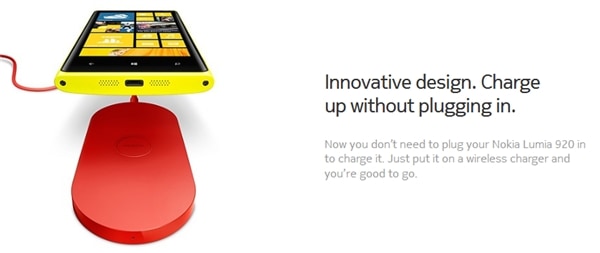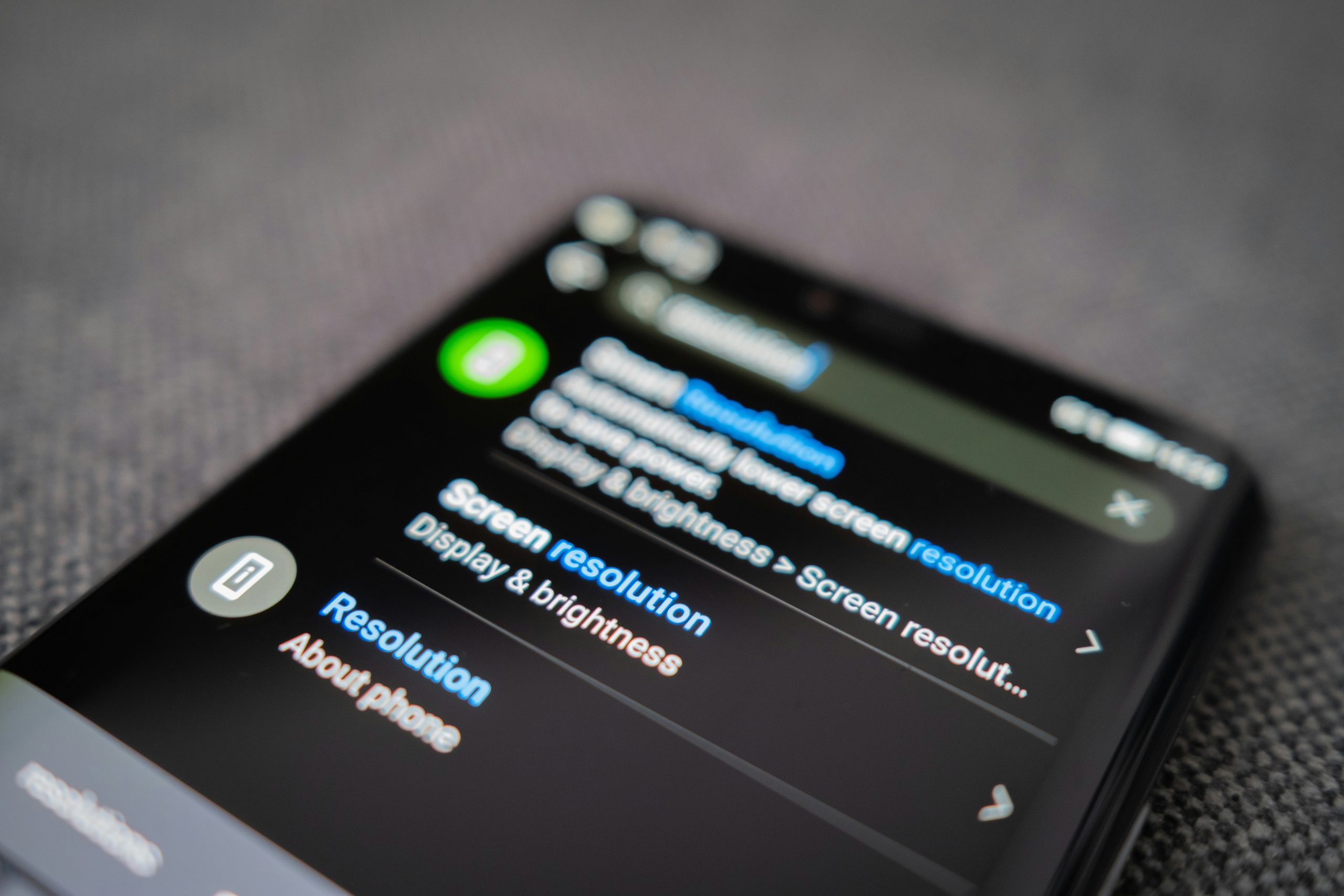Note: This is a guest post written by Nancy Perkins
Over the course of the year, a lot has changed for Microsoft. The Redmond, VA-based giant underwent some major challenges in terms of leadership and product releases in an attempt to salvage the company from what could be dubbed as a “post-PC era,” a trend in consumer electronics where the use of a personal computer as a primary tool is declining in favor of more portable devices such as smartphones and tablet computers.
Additionally, users are pretty much turning to cloud-based applications and platforms to replace the traditional software that can only be used on PCs; and in this case, Microsoft should really start suiting up to prevent its own downfall.
So what could be other reasons for Microsoft’s lackluster performance this year? Why are people saying that Microsoft is headed towards its collapse? Read on and let us know if you agree.
Tablets gobbling up the PC market
Tablets have taken the market by storm. This shift to tablet computers is outpacing PC sales – a huge chunk of which could be attributed to the popularity of Apple’s iPad. Case in point: Barclays bought 8,500 iPads this year as insisted by employees. They’re cheaper, lighter, and pretty much bears the same amount of computing power your conventional desktop or laptop has – on top of the mobility and portability they offer. Touch interfaces are becoming the dominant platform and Microsoft has yet to penetrate this space even with its Surface offering.
Users still aren’t sold to the Windows Phone

With the release of Nokia’s new flagship line, the Lumia series, people thought the Windows Phone OS will finally make it as the third viable platform for mobile computing next to Apple’s iOS and Google’s Android. But when it was revealed that the Nokia Lumia 900 launched in April contained hardware that wasn’t compatible with Windows Phone 8, the new version of Microsoft’s mobile OS set to be launched later in the year, a lot of customers complained.
Enterprise users are doing fine without Windows
The case of Barclays shows that employees are becoming more comfortable with using Apple’s products at work. They’re attractive and they offer great business solutions especially for constantly mobile workers or those in virtual office setups. Despite Apple’s non-committal to serving big companies like the traditional corporate “vending” that Microsoft does, there exists a growing uptake of mobile Apple products among corporate clients.
Through the widespread adoption of the iPad, employees today are developing a better appreciation for Mac machines and Mac OS X (Mountain Lion). If these Apple products are offered as desktop options at work, they won’t have any problems converting. This acceptance could also affect Windows OS and hardware sales in the long run.
Developers are leaving Windows in favor of iOS and Android

There may be over 20,000 apps on the Windows 8 store and over 100,000 on the Windows Phone Marketplace, but these figures pale in comparison to Apple’s 700,000 and Google Play’s 600,000. As we all know, app development is a real money maker right now, and Microsoft has yet to prove that making a Windows 8 app makes much more fiscal sense than playing in the more established markets. And like BlackBerry’s ecosystem, Microsoft is offering a “walled garden” structure, so it would probably hop on the app train much, much later when it becomes more stable and mature.
Surface didn’t make any ripples
The lackluster sales of the Surface tablet show that Apple has nothing to be afraid of. Part of the failure could be due to the horrible outcome of its unveiling back in June, which you can watch below, or to the endless performance issues and the generally limited app options for the platform. And even with the hype generated by Microsoft after announcing the January 2013 release of the Surface Pro, a tablet that has the full Windows 8 OS instead of Windows RT, it seems that the iPad is keeping its winning streak (even if Apple tricked customers by making the iPad 3 obsolete in just 7 months) and will most likely continue to do so.
Google Docs eating up a huge chunk of Office users
Google Docs is putting a dent on Microsoft Office’s diamond. Workers are using Google’s cloud-based service for instant sharing, collaboration, and document creation. IT managers are getting onboard so they won’t need to purchase new Office software bundles, which arguably saves them some serious cash.
The death of Office, however, may not be happening anytime soon, since a lot of companies still rely on good-old Excel and PowerPoint heavily.
Microsoft technologies are traded for cloud-based business applications
Similarly, Microsoft technologies aimed at businesses like SharePoint, Exchange, and Lync are quickly fading into oblivion. They’re being replaced with ultimately cheaper and simpler solutions like Box, Gmail, and RingCentral. Static and expensive enterprise-class solutions are out; dynamic enterprise-class solutions which employ lesser resources are definitely in.
Is Microsoft really headed towards endsville? Did Windows 8 fall short in reasserting the dominance of the PC? Can we declare that Windows Phone isn’t as viable as the third platform it presents itself to be? Should Apple and Google be blamed for this? Sound off in the comments and tell us what you think.







Comments are closed.